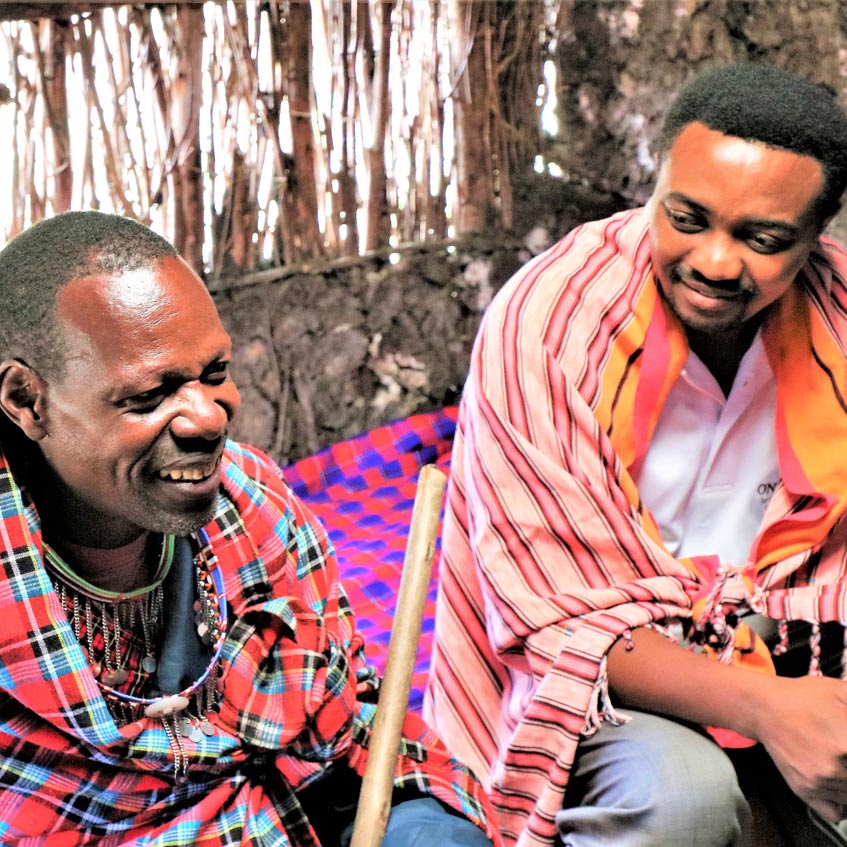THE CHALLENGE FOR ARMCHAIR GENERALS
2020-03-03 00:00:00
-
Author: Colin Murray
Comments: 0

There has been a lot of changes in people’s attitudes to all manner of things over the last 20 years. We see this everyday in relation to family structures, the protection of our ecosystems and standards of behavior amongst other things.
One thing that hasn’t changed is the general consensus that rather than incarcerating children into institutions of care (orphanages), it is preferable for children to be maintained within the family or extended family units. This may require additional family support of various kinds.
This debate is now being championed in the travel industry. And they often cite the example of governments signing covenants which commit them to the abolishment of institutional care.
Make no mistake, the incarceration of abandoned or orphaned children is to be avoided at all costs. But if you listen to many of these self appointed change agents, its a cut and dried case. The naivety can be staggering.
In Kenya there is a sobering reality that needs to be considered. For over 20 years now, One Horizon has had significant exposure to institutions for abandoned children and experience with how Kenyan agencies approach its work. It’s worth noting that in those institutions we have observed, 85% of the children had an extended family. But in the nearly all those cases, the extended family didn’t want an extra mouth to feed because of their grinding poverty. Children are orphaned not because they have no living relative, but because of their family’s poverty. And in instances where the child went home to an extended family, the overwhelming majority had to be ‘rescued’ within weeks from the physical, emotional and sexual abuse being handed to them each day. Poverty drives obscene behavior. It’s a common problem, not an isolated instance.

So while promoting views from abroad are aimed at leveraging governments, it can fundamentally dilute the development of effective solutions to a complex problem. It smacks of a new colonialism that fails to understand the total cultural complexities of life in other societies. And where solutions often promulgated by these new change agents are predicated on incorrect assumptions and falsehoods.
Review Here
Categories
- Grandmas Programs(6)
- Kenyan Sights(1)
- Masai Programs(10)
- News(14)
- One Horizon Travellers’ Stories(3)
- Stories from Africa(3)
- Sustainable Programs(194)
- Sustainable Travel(44)
- Womens Programs(3)
Archives
- February 2026(5)
- December 2025(7)
- November 2025(9)
- October 2025(8)
- September 2025(6)
- August 2025(12)
- July 2025(14)
- June 2025(8)
- May 2025(7)
- April 2025(11)
- December 2024(1)
- May 2023(11)
- June 2022(4)
- April 2022(4)
- March 2022(5)
- January 2022(6)
- December 2021(6)
- October 2021(6)
- September 2021(7)
- July 2021(6)
- June 2021(13)
- April 2021(9)
- February 2021(2)
- May 2020(9)
- April 2020(12)
- March 2020(11)
- February 2020(12)
- September 2019(3)
- August 2019(4)
- July 2019(8)
- June 2019(6)

Unique Cultural
Holiday Experiences
Subscribe To
Our Newsletter
To receive latest news & offers
Share your email ID below


 One Horizon Africa
One Horizon Africa @onehorizonkenya
@onehorizonkenya onehorizonkenya
onehorizonkenya
